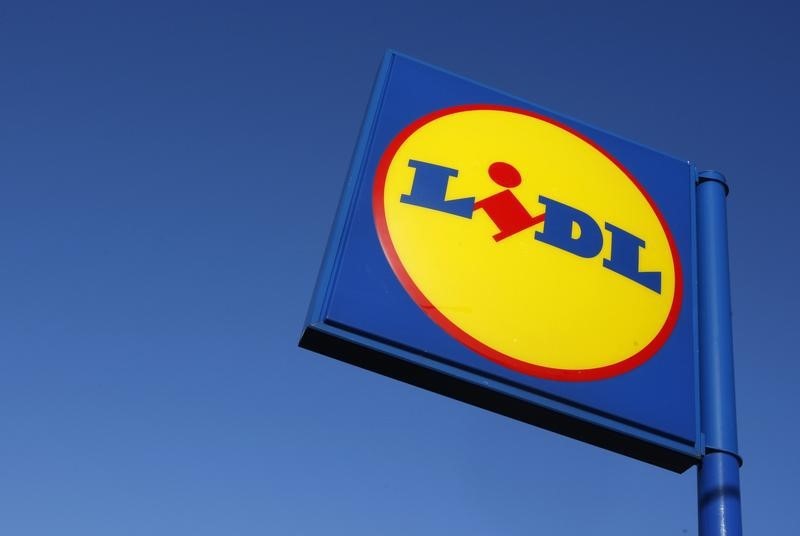Proactive Investors - Four-lettered German supermarket chains Aldi and Lidl are struggling to retain their foothold in the UK supermarket sector, according to new UBS analysis.
Both discount chains are showing multi-year low store growth rates, due in no small part to an erosion of price competitiveness compared to domestic rivals J Sainsbury PLC (LON:SBRY) and Tesco PLC (LON:TSCO).
Lidl is particularly struggling, noted UBS, with its store footprint actually falling in the second quarter (albeit by just 0.1%) for the first time since 2016.
Aldi’s footprint grew by 3% in the same time frame, but this is “significantly below the nine-year historical average” of around 8%.
Both Aldi and Lidl are facing profitability pressures and their ability to aggressively widen price gaps has diminished, said analysts.
Together, the two retain an 18% share of the UK supermarket sector, but given the sluggish rate of expansion and propensity for cannibalising their own brands, this market share is on shaky ground.
Cannibalisation in this context refers to the percentage of Aldi and Lidl locations that face competition from their own kind.
UBS noted that cannibalisation has reached 87% for Aldi and 85% for Lidl, indicating that a large portion of their stores are now competing with one another rather than drawing in new customers.
This rate of cannibalisation is up around 12 percentage points for each chain over the past decade.
Tesco and Sainsbury’s, in contrast, stand to benefit from a “lower threat of disruption from a saturated footprint” of Aldi and Lidl.
Yet Lidl increases market share
Despite the concerning rate of store expansion, Lidl has managed to outpace its British rivals when it comes to market share expansion on a sales basis.
The latest Kantar data print showed that Lidl increased its market share by 9.1% to 8% in the 12 weeks to 1 September.
This is likely a result of a meaningful reduction in domestic discount chain Asda’s relevance.
Asda, which is suffering from a leadership crisis, has seen its market share fall by 5.6% over the past year, leaving a window of opportunity for Lidl and Asda to scoop up customers.
